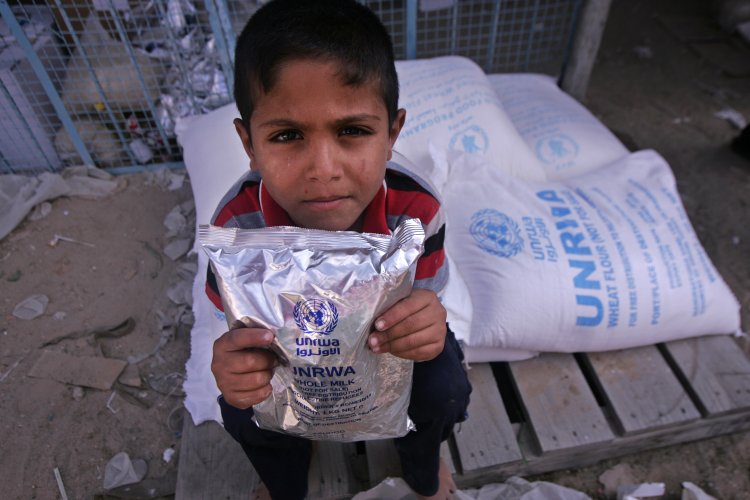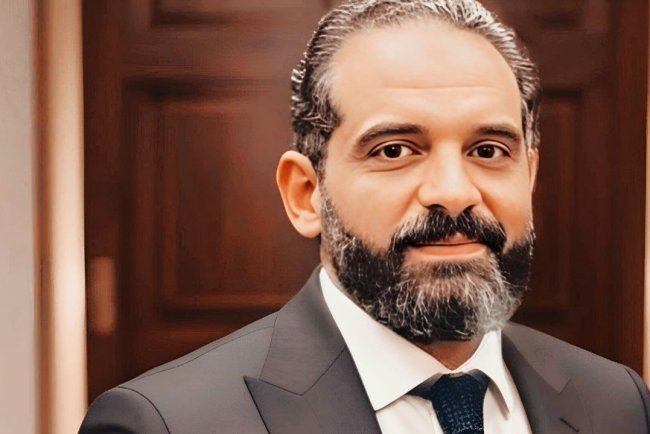World Food Program's Impactful Aid to Gaza's People
Uncovering how the World Food Program supports Gaza, providing essential food aid to more than 120,000 people amidst challenges

-
Introduction
- Brief overview of the situation in Gaza
- The role of the World Food Program (WFP) in humanitarian aid
-
The World Food Program's Mission in Gaza
- Background information on the WFP
- Overview of WFP's objectives in Gaza
-
Scope of Aid Provided by WFP
- Number of people served
- Types of food and assistance provided
-
Challenges Faced in Delivering Aid
- Logistical hurdles
- Political and security challenges
-
Impact of WFP's Aid on Gaza's Population
- Testimonials and success stories
- Statistical improvements in food security
-
Continued Needs and Future Outlook
- Ongoing challenges in Gaza
- Future plans of WFP for sustained support
-
How to Support the WFP's Efforts
- Ways for individuals and organizations to contribute
- Highlighting the importance of global solidarity
-
FAQs
- Common questions about WFP's work in Gaza
-
Conclusion
- Recap of the importance of WFP's work in Gaza
- Encouragement to support humanitarian efforts
The World Food Program's Impactful Aid to Gaza's People
Introduction
In the densely populated Gaza Strip, where political instability and economic hardships prevail, the World Food Program (WFP) plays a crucial role in providing humanitarian aid. This article delves into how the WFP aids over 120,000 people in Gaza, showcasing the organization's commitment to alleviating hunger and promoting food security amidst adversity.
The World Food Program's Mission in Gaza
The World Food Program, a leading humanitarian organization fighting hunger worldwide, has extended its mission to Gaza, focusing on providing food assistance to those most in need. By delivering essential nutritional support, the WFP aims to ensure that every individual in Gaza has access to sufficient, safe, and nutritious food, despite the challenging conditions.
Scope of Aid Provided by WFP
The WFP's intervention in Gaza is significant, serving more than 120,000 people with emergency food assistance and nutritional support. This aid comes in various forms, including food parcels, cash assistance, and school feeding programs, tailored to meet the diverse needs of Gaza's population.
Challenges Faced in Delivering Aid
Delivering aid in Gaza is fraught with logistical hurdles and political challenges. The WFP has to navigate through a complex environment to ensure that aid reaches those in need, overcoming barriers such as restricted access, security risks, and limited resources.
Impact of WFP's Aid on Gaza's Population
The positive impact of the WFP's aid on Gaza's population is undeniable. Through its comprehensive assistance programs, the organization has improved food security, supported local economies, and offered a lifeline to thousands of families. Testimonials from beneficiaries highlight the critical difference WFP's support makes in their lives.
Continued Needs and Future Outlook
Despite the WFP's efforts, the needs in Gaza remain significant. The ongoing conflict and economic blockade continue to exacerbate the humanitarian situation. Looking ahead, the WFP remains committed to supporting Gaza's population, adapting its programs to meet evolving needs and working towards long-term solutions.
How to Support the WFP's Efforts
The global community can play a vital role in supporting the WFP's mission in Gaza. Individuals and organizations can contribute by donating, volunteering, or raising awareness about the humanitarian situation in Gaza. Every action counts towards making a difference in the lives of those in need.
FAQs
- What types of aid does the WFP provide in Gaza?
- How can I contribute to the WFP's efforts in Gaza?
- What challenges does the WFP face in delivering aid to Gaza?
Conclusion
The World Food Program's significant contribution to Gaza highlights the importance of humanitarian aid in crisis regions. By supporting the WFP's efforts, the global community can help ensure that the basic needs of Gaza's population are met, paving the way for stability and recovery in the region. Let's stand together in solidarity with those in need and contribute to a brighter future for all.
What's Your Reaction?






















